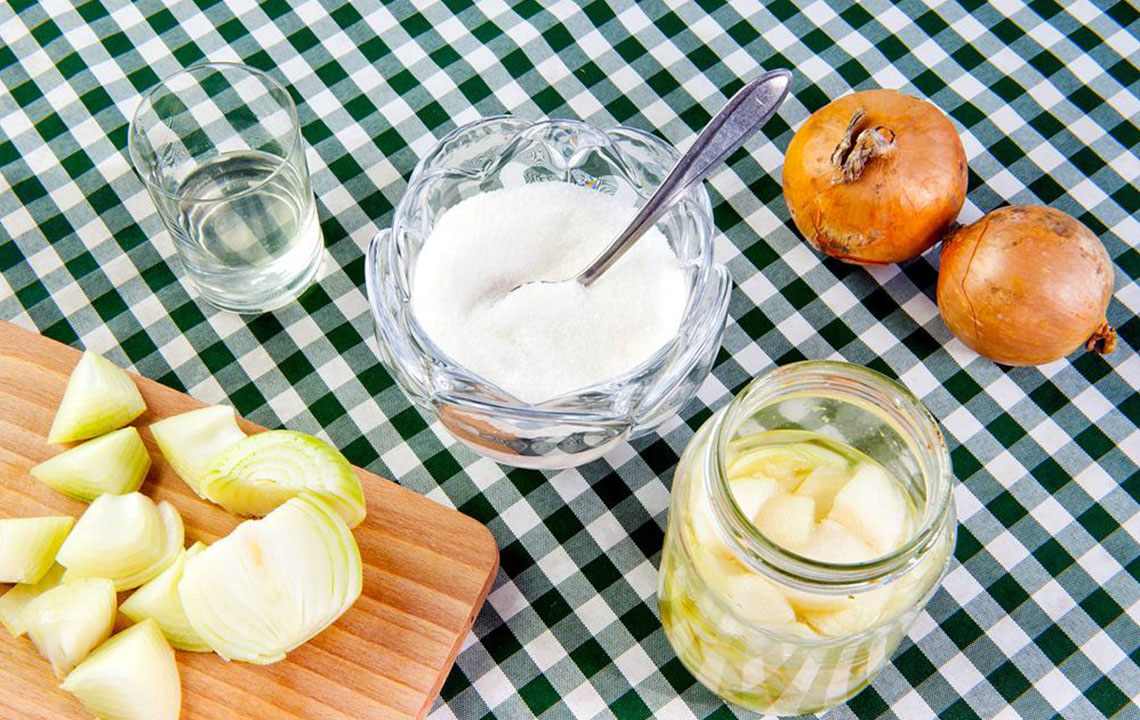Comprehensive Guide to Top Foods for Managing Diarrhea Effectively
This comprehensive guide explores effective dietary strategies for managing diarrhea. It details the importance of hydration, protein intake, the BRAT diet, vegetables, and probiotics. Proper nutrition, combined with medical care, can significantly reduce symptoms and promote recovery. Understanding which foods help soothe the digestive system and which to avoid during diarrhea is key to maintaining gut health and preventing future episodes. This article provides practical tips and essential information for anyone seeking to manage diarrhea effectively and support their overall gastrointestinal health.

Comprehensive Guide to Top Foods for Managing Diarrhea Effectively
Key dietary strategies to alleviate diarrhea symptoms and promote gut health
Maintaining a balanced and coordinated functioning of the body's organs is fundamental to good health. When this harmony is disrupted, even slightly, it can result in various discomforts that interfere with daily life. One common health issue that many encounter is diarrhea, a condition characterized by frequent, loose, or watery stools. It often stems from infections caused by viruses, bacteria, or parasites, which weaken the immune system and disturb normal digestive processes.
Diarrhea is not merely an inconvenience; it can lead to serious complications such as dehydration, electrolyte imbalance, and nutrient deficiencies if not managed properly. Recognizing the importance of dietary management is crucial in controlling symptoms, reducing discomfort, and preventing adverse outcomes. Proper nutrition plays a vital role in restoring intestinal health and aiding recovery during episodes of diarrhea.
While some foods can aggravate diarrhea, others can soothe the digestive system and promote quicker recovery. It’s essential to understand which foods to incorporate and which to avoid during this period. Spicy, greasy, and dairy-rich foods are often culprits that worsen symptoms. Conversely, gentle, easily digestible foods can help alleviate gastrointestinal distress. To effectively manage diarrhea, consider including the following foods in your diet:
Hydrating fluids
Diarrhea can cause significant fluid and electrolyte loss, leading to dehydration, which can become a serious health concern. To replenish lost fluids and maintain electrolyte balance, it is essential to include hydrating beverages such as coconut water, clear broths enriched with minerals, and plain water. These drinks help keep the body hydrated while supporting the recovery process.
Protein-rich foods
During episodes of diarrhea, the body needs adequate protein to help repair tissues and maintain energy levels. Opt for easily digestible protein sources such as organic chicken, grass-fed beef, turkey, and well-cooked eggs. These foods help reduce fatigue, support immune function, and restore strength, aiding the body’s efforts to recover.
The BRAT diet
The BRAT diet—comprising bananas, rice, applesauce, and toast—is a well-known dietary approach for gastrointestinal distress. These foods are gentle on the stomach, help slow intestinal motility, and assist in firming stool consistency. Incorporate cooked cereals like Cream of Wheat, plain soda crackers, and diluted apple juice to enhance comfort and facilitate recovery.
Vegetables (cooked and gentle)
Including cooked vegetables such as carrots, celery, beetroot, tomatoes, and asparagus tips can supply essential vitamins and minerals during recovery. However, it is advisable to avoid gas-producing vegetables like beans, broccoli, cabbage, and cauliflower, which can exacerbate bloating and discomfort. Preparing soothing vegetable soups can also provide nourishment without irritating the digestive tract.
Probiotic foods
Incorporating probiotic-rich foods such as yogurt and kefir supports a healthy gut microbiome, which is crucial for digestion and immune health. Probiotics can help restore the balance of beneficial bacteria in the intestines, thus reducing diarrhea episodes. If you are lactose intolerant or sensitive, consider dairy-free probiotic options and ensure they are sourced from reputable manufacturers.
By combining these dietary strategies with medical advice and lifestyle modifications such as proper hydration, stress management, and adequate rest, individuals can effectively manage frequent diarrhea episodes. Consistent dietary care not only alleviates symptoms but also restores gut health, promotes recovery, and prevents future episodes. Remember, persistent or severe diarrhea warrants professional healthcare consultation to rule out underlying conditions and receive appropriate treatment.





